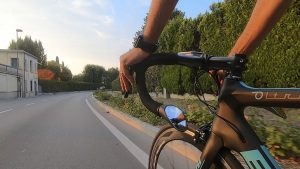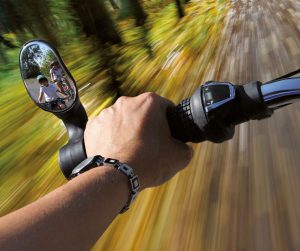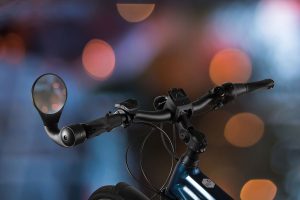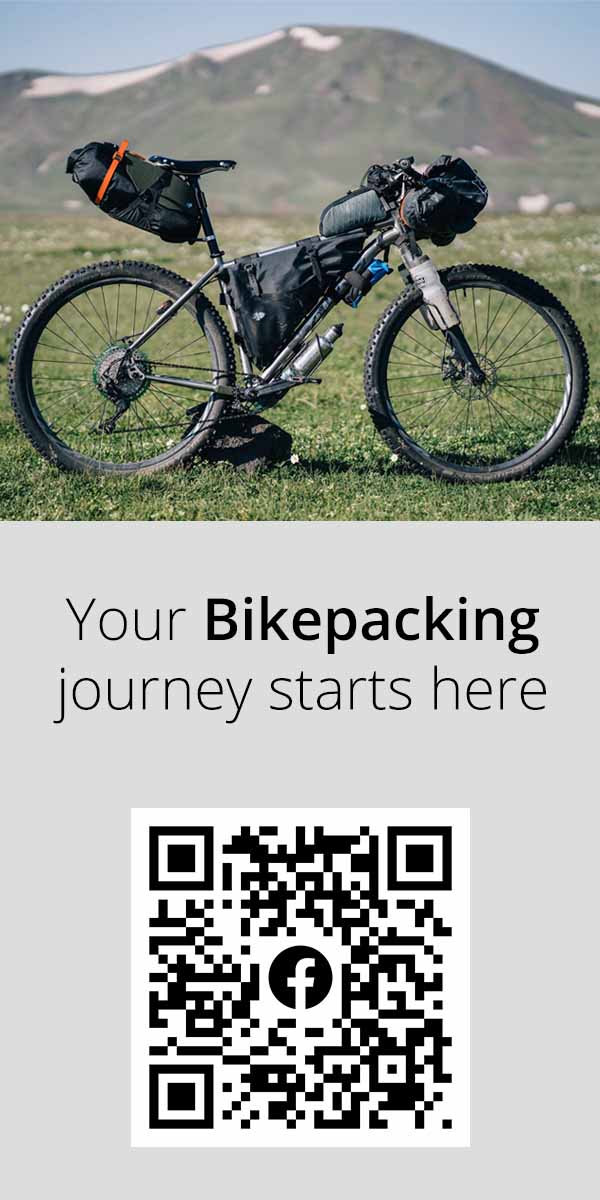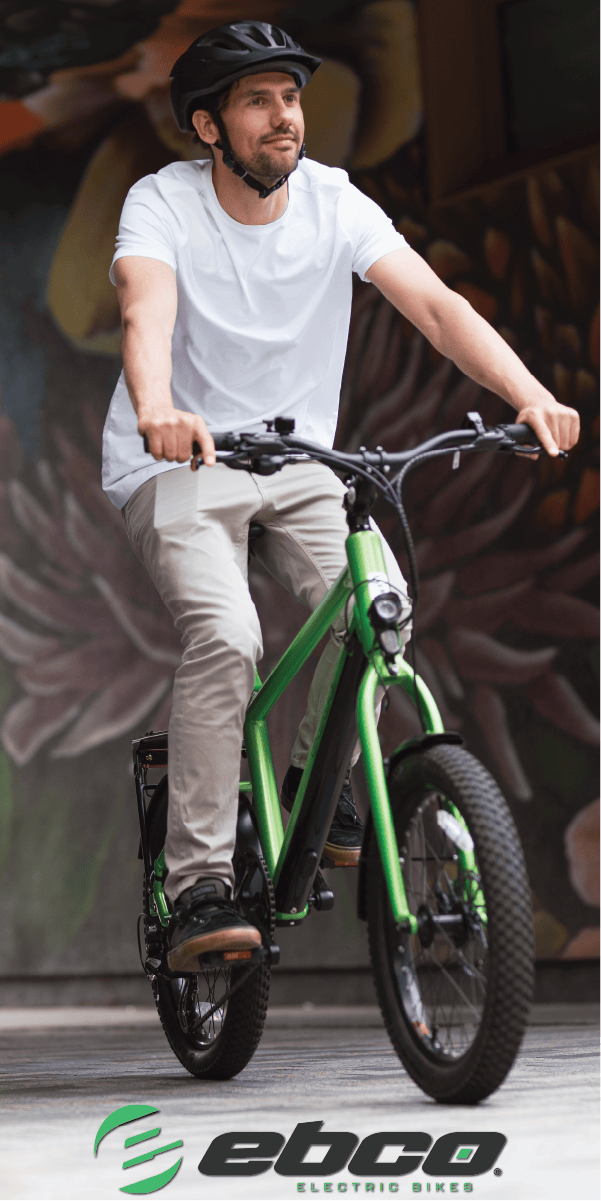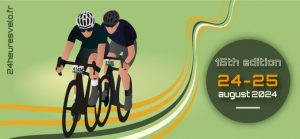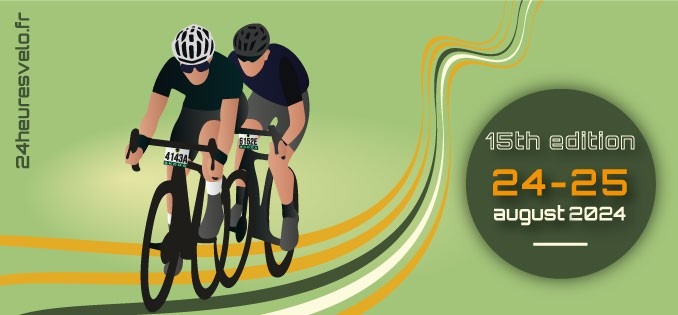Bike Computers to Suit Every Type of Cyclist
With the introduction of GPS and fitness orientated technology such as bike computers, cycling has become synonymous with data driven performance. From commuters to competitors, the intrigue of evaluating your own skills on a bike such as cadence, distance and even going as far as measuring your own heart rate is at the core of modern bike computers.
Within this article, we will look to discuss the array of technologies out there, and which ones best suit your needs.
Fitness-Orientated Cyclists
Cyclists who ride for the aerobic and lower body strength benefits will be searching for an all encompassing experience.
It is worth investing in both a fitness watch and cyclometer that is compatible with the former, meaning nearly all possible facets of data are covered. The watches are great for tracking your own physical state during the ride; they can monitor your heart rate, speed, calories burned and elevation—pretty much every data point you could wish to have about your ride. The cyclometer will have far better battery life than your smartphone and they run on rechargeable batteries.
As well as this, they can map your ride and provide directions for pre-programmed routes, meaning you can try and better your speed or distance next time you are out on the bike.
Nearly all of the smart watches on the market have a bluetooth connectivity feature as well as fitness app compatibilities such as Strava, so finding the right cyclometer for you is the hard part.
The Hammerhead Karoo 2 is a top of the range choice with plenty of additional features, and although it’ll set you back more than some other models out there, it is certainly at the forefront of this technology.
https://www.youtube.com/watch?v=ZSejOzm4YJY
Commuters
While you may be combining your commute with an extra bout of fitness to and from work, if you are simply using your bike as a mode of transport then smartphone applications are a quick and cost-effective alternative.
Apps such as Strava, Map My Ride and even Google Maps have GPS features and some even track your speed and elevation gain if that is a concern on your way to work!
Most importantly, they also allow you to compare different ways to get to work and to evaluate how difficult and time consuming each route is; real-time directions are also a necessity if you are running a tad late.
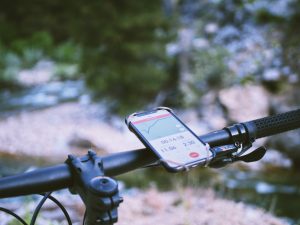
Take a look at our four best cycling apps article to see what features are available on each platform.
Recreational Cyclists
For those of you who enjoy a leisurely excursion, whether it be solo, with a friend or as part of a cycling club, then a magnetic cyclometer is the perfect middle-of-the-road choice for you.
Cycling recreationally may mean you are attempting longer rides, and as such, need to preserve the battery on your phone. There is also the added cost of high-tech GPS orientated cyclometers that often have features that you may not even know existed.
Magnetic cyclometers have tons of good features at a fraction of the price; they are accurate, light and they have an amazing battery life (one to two years). These computers give you all the necessary bike statistics such as average speed, mileage and cadence. They cannot, however, map your ride, give you directions, measure your elevation gain or tell you how many calories you’ve burned.
If you are prepared to use your smartphone as well as the cyclometer on your ride, you can keep a fitness app running to track your heart rate and calories, while the bike computer does the data driven work.




